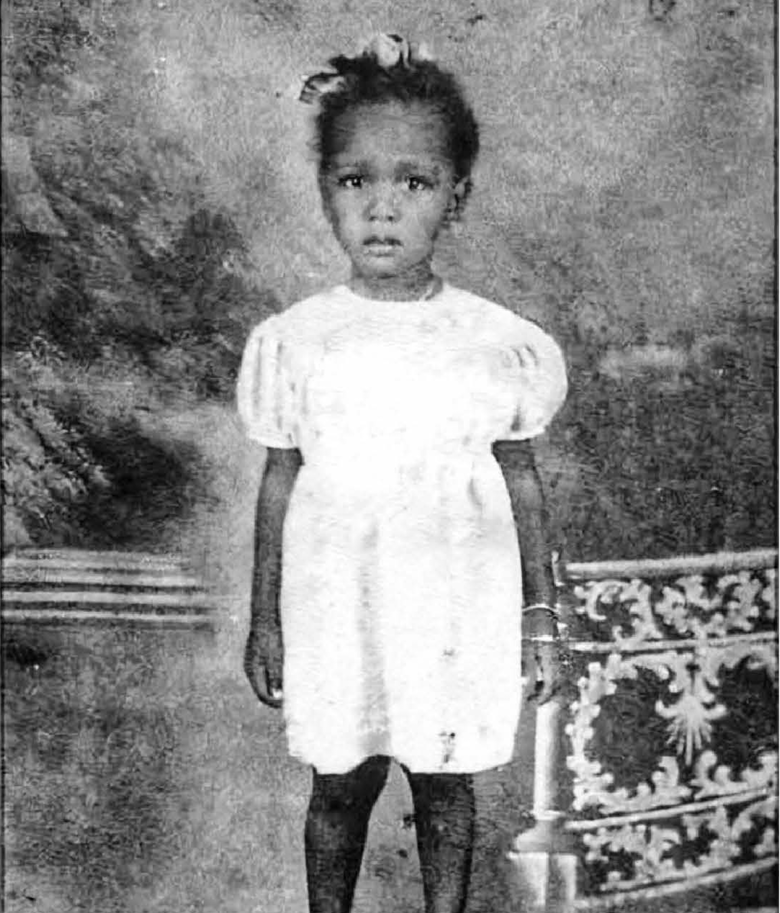Transcript: Mary O’Donoghue Podcast.
Mary O’Donoghue speaks to managing editor Emily Everett about her story “Safety Advice for Staying Indoors,” which appears in The Common’s fall issue. Mary talks about crafting a story that explores two points of view within the same Irish family, both stuck inside during a strong storm, both coping with loss. She also discusses her work translating Irish-language poets, her interest in stories that require the reader to connect their own dots, and what it’s like to edit fiction for AGNI while writing her own short stories, too.

On writing prose and stories that are dense and sometimes demanding:
“It’s a choice and a practice that comes with age. I think to work with any kind of rigor is to deny those comforts—the comforts of breathing space and ease. I have only so much time to write, while doing other things. I think the writer should feel some of that urgency, which is to say, ‘I’m not giving you a cup of tea, I’m not giving you a blanket, you’ll be here for a little while and it might be a bit of a hurdle.’ I like taking away those comforts as a way to achieve, I hope, seriousness. A reader’s reflection on the work after reading it might actually be where that connective tissue can be supplied.”
On editing fiction for AGNI, and how that impacts her own writing:
So many things that we read and consume, published fiction as well as work that shows up in our submission systems, is fairly good. It’s good enough. It can move us along. But maybe it can’t fully move us. Or shock us.
I think we probably share, as editors, a dedication to thinking about the stakes of things, which reaches into our own work as well. We’re interested in urgency. I do think it’s important to think about stories as having a throbbing intellect, beyond wit and cleverness. I like to be taught something in a story. I like to hear somebody’s mind at work in a story, however that might come through.
I’m also interested in what is raw versus what I can tell has been machined. Machined by an industry, in a way. These are all the things that we talk about in different ways with our colleagues in editorial. And after you have those conversations, you go back to your own work, and ask, ‘Could my work stand that test?’”
Mary O’Donoghue is a writer from the west of Ireland living in Tuscaloosa, Alabama. Her short fiction has appeared in Granta, The Georgia Review, Guernica, Kenyon Review, The Stinging Fly, The Dublin Review, and elsewhere. She is fiction editor at AGNI.
Read her story in The Common at thecommononline.org/safety-advice-for-staying-indoors.
The Common is a print and online literary magazine publishing stories, essays, and poems that deepen our collective sense of place. On our podcast and in our pages, The Common features established and emerging writers from around the world. Read more and subscribe to the magazine at thecommononline.org, and follow us on Twitter @CommonMag.
Emily Everett is managing editor of the magazine and host of the podcast. Her stories appear in the Kenyon Review, Electric Literature, Tin House Online, and Mississippi Review. She holds an MA in literature from Queen Mary University of London, and a BA from Smith College. Say hello on Twitter @Public_Emily.




